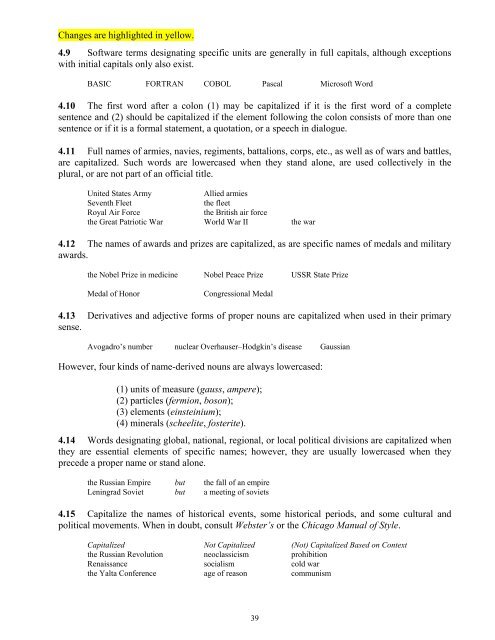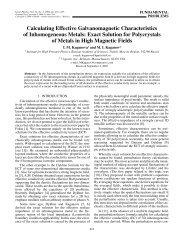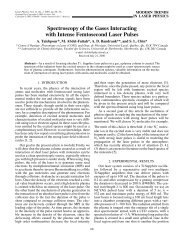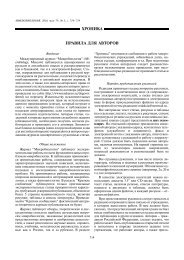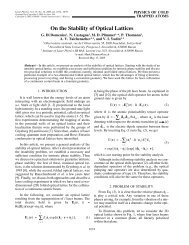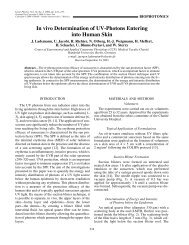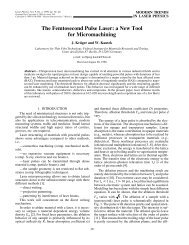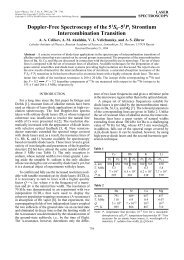House Style Guide 2011 - MAIK "Nauka/Interperiodica"
House Style Guide 2011 - MAIK "Nauka/Interperiodica"
House Style Guide 2011 - MAIK "Nauka/Interperiodica"
- TAGS
- maik
- www.maik.ru
You also want an ePaper? Increase the reach of your titles
YUMPU automatically turns print PDFs into web optimized ePapers that Google loves.
Changes are highlighted in yellow.<br />
4.9 Software terms designating specific units are generally in full capitals, although exceptions<br />
with initial capitals only also exist.<br />
BASIC FORTRAN COBOL Pascal Microsoft Word<br />
4.10 The first word after a colon (1) may be capitalized if it is the first word of a complete<br />
sentence and (2) should be capitalized if the element following the colon consists of more than one<br />
sentence or if it is a formal statement, a quotation, or a speech in dialogue.<br />
4.11 Full names of armies, navies, regiments, battalions, corps, etc., as well as of wars and battles,<br />
are capitalized. Such words are lowercased when they stand alone, are used collectively in the<br />
plural, or are not part of an official title.<br />
United States Army Allied armies<br />
Seventh Fleet the fleet<br />
Royal Air Force the British air force<br />
the Great Patriotic War World War II the war<br />
4.12 The names of awards and prizes are capitalized, as are specific names of medals and military<br />
awards.<br />
the Nobel Prize in medicine Nobel Peace Prize USSR State Prize<br />
Medal of Honor Congressional Medal<br />
4.13 Derivatives and adjective forms of proper nouns are capitalized when used in their primary<br />
sense.<br />
Avogadro’s number nuclear Overhauser–Hodgkin’s disease Gaussian<br />
However, four kinds of name-derived nouns are always lowercased:<br />
(1) units of measure (gauss, ampere);<br />
(2) particles (fermion, boson);<br />
(3) elements (einsteinium);<br />
(4) minerals (scheelite, fosterite).<br />
4.14 Words designating global, national, regional, or local political divisions are capitalized when<br />
they are essential elements of specific names; however, they are usually lowercased when they<br />
precede a proper name or stand alone.<br />
the Russian Empire but the fall of an empire<br />
Leningrad Soviet but a meeting of soviets<br />
4.15 Capitalize the names of historical events, some historical periods, and some cultural and<br />
political movements. When in doubt, consult Webster’s or the Chicago Manual of <strong>Style</strong>.<br />
Capitalized Not Capitalized (Not) Capitalized Based on Context<br />
the Russian Revolution neoclassicism prohibition<br />
Renaissance socialism cold war<br />
the Yalta Conference age of reason communism<br />
39


